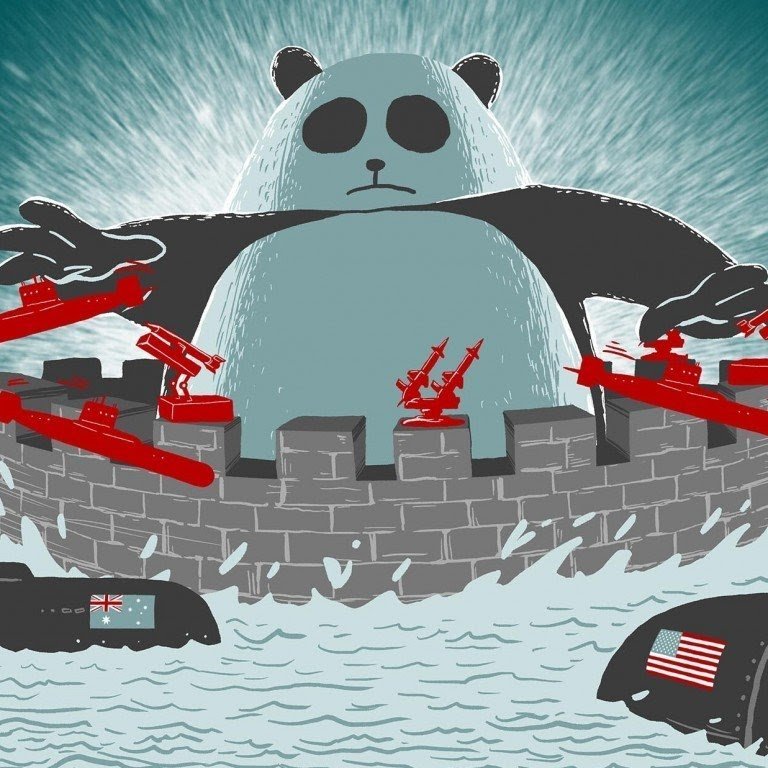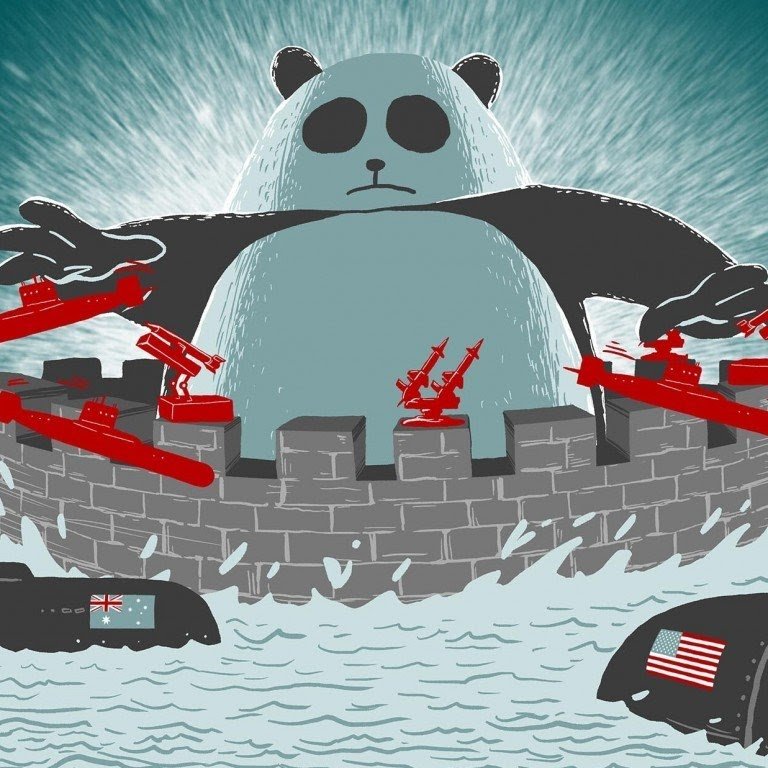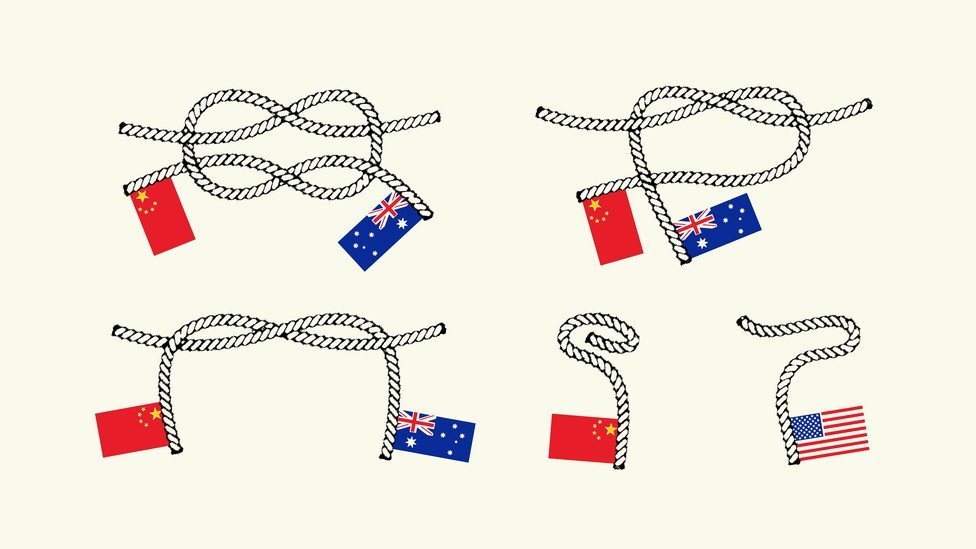
Writing in the South China Morning Post, Mark Magnier argues Beijing will likely step up efforts to avoid ‘encirclement’.
“In response to a new Anglo-Saxon military alliance and more US-designed nuclear-powered submarines in the Indo-Pacific, Beijing will likely step up efforts to avoid encirclement and expand its own nuclear submarine fleet, according to current and former officials and military experts.
“The defence build-up on both sides comes amid louder, if still relatively faint, drums of war around Taiwan, lending greater immediacy to the new alliance and spotlighting broader Chinese, US and allied regional defence strategies.”
Read further on The South China Morning Post.
Mark Magnier is a US correspondent based in Washington. Before joining the South China Morning Post, he worked for the Wall Street Journal in China and for the Los Angeles Times in India, China and Japan. He’s covered the Chinese economy, China and India’s explosive rise and conflicts in Iraq, Pakistan and Afghanistan.




You must be logged in to post a comment.